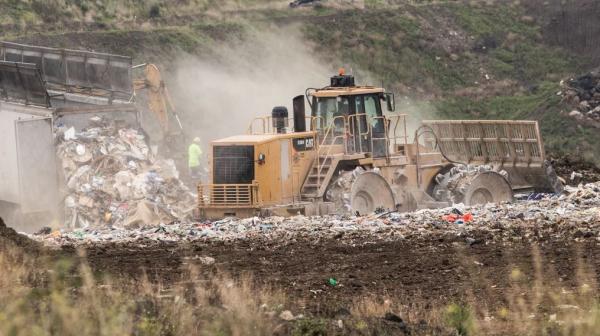Esther Lauaki
By Esther Lauaki
Air pollution in Melbourne’s Inner West is “widespread and alarming”, according to a recent report.
The report, Air Pollution in Melbourne’s Inner West: taking direct action to reduce our community’s exposure, by the Inner West Air Quality Community Reference Group, outlines a range of findings and recommendations on actions to address air quality issues in the inner west.
The reference group, comprising community representatives from the Brimbank, Hobsons Bay and Maribyrnong local government areas, made 26 recommendations in the report including calls for more investigation into air quality concerns with transport initiatives such as the West Gate Tunnel project, as well as better monitoring.
“Pollution monitoring in the inner west is currently insufficient,” the report said.
“There is a particular lack of monitoring at potential ‘hot spots’ such as main roads, freight corridors and adjacent to industrial sites.
“There is limited monitoring for sulphur dioxide, nitrogen dioxide, carbon monoxide and ozone.
“No monitoring is done for ultrafine particulate matter, which is a known risk to human health.”
The report comes as the Environment Protection Authority continues its investigation into Sunshine Landfill, also known as the Kealba Landfill, following a cluster of reports from concerned residents that two underground fires, which have burned for months within waste cells, are persistently emitting a “toxic chemical” smell.
Landfill operator Barro Group continues an exhaustive process to locate the fires and extinguish them.
Barro Group spokesman Steve Murphy said that 102 holes had been drilled across the site to find the fires.
“This isn’t a quick process, identifying the fires required drilling into the ground and using thermal monitoring and heat signatures,” Mr Murphy said.
“There are three main ways we can put this out; we can drill down and flood the cell with water; we can starve it of oxygen; or we can dig the whole thing up.”
Mr Murphy gave no indication as to which option was being favoured, but said it will take a considerable amount of time to extinguish the fires, regardless of method.
Read the report: bit.ly/3m9bssk








